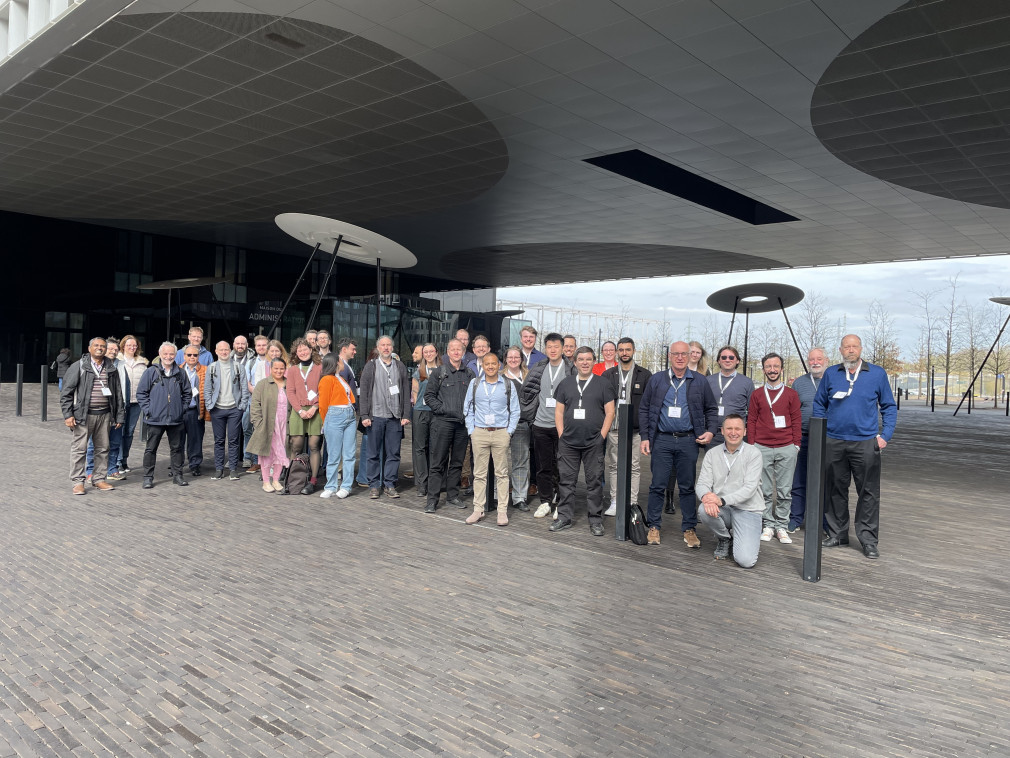Last month, the imSAVAR project joined our partners from the University of Luxembourg at the 8th Disease Maps Community Meeting in Belval, Luxembourg, to conduct the first imSAVAR symposium. The meeting centered around topics in systems medicine, including tools, standards, and applications of bioinformatics, computational and systems biology in human disease research. It comprised panel discussions, poster sessions, and group workshops.
The imSAVAR symposium focused on disease maps and irAOPs (immune-related Adverse Outcome Pathways) in the immune system effects of immunomodulatory therapies. This symposium served as a pivotal moment to explore the integration of the irAOP concept with advanced methodologies in biomedical knowledge modeling, particularly through knowledge graphs.
Talks were delivered by Dr. Kristin Reiche, who provided an overview of imSAVAR’s mission. This was followed by Dr. Katherina Sewald’s introduction of irAOPs into biomedical research. Dr. Miriam Alb and Dr. Christina Sakellariou elucidated imSAVAR’s journey towards harmonized Cytokine Release Syndrome irAOPs. Furthermore, Dr. Marek Ostaszewski delved deeper into the construction, visual exploration, and analytics of irAOP systems biology diagrams. Dr. Patricia Gogesch concluded the presentations with practical insights into the usage of irAOPs in analyzing mechanisms behind vascular leakage.
This synergistic gathering not only facilitated meaningful connections between imSAVAR, the disease map community, and the ONTOX as well as EDITH consortium but also opened up new avenues for innovation and collaboration within our field.
Looking ahead, we’re excited to announce that similar gatherings are on the horizon, including the highly anticipated LION conference in Leipzig later this year. We will keep you informed and provide further updates and insights as we continue to pave the way for advancements in biomedical research.
